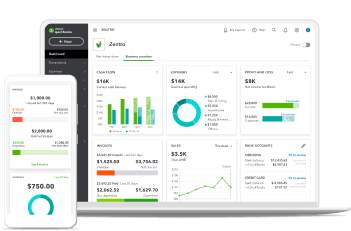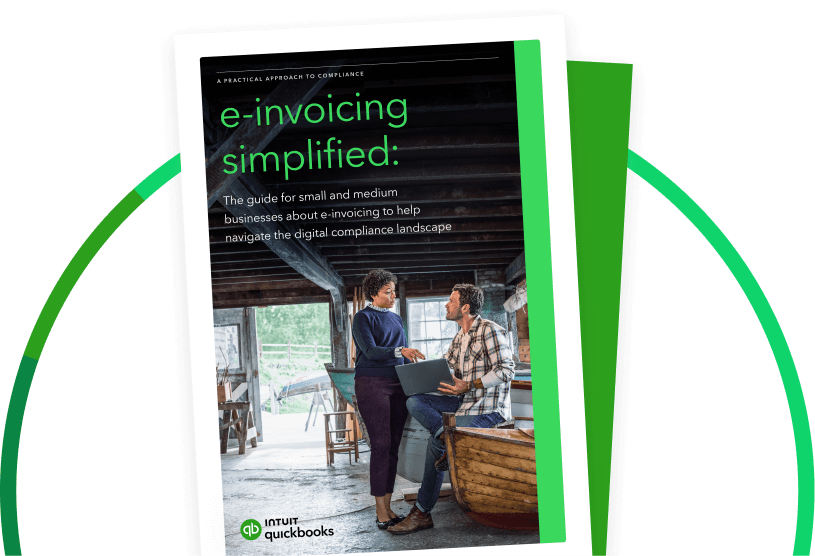e-Invoicing is reshaping the landscape of financial transactions for businesses, ushering in a new era of efficiency and compliance.
In Malaysia, new regulations mandate the shift to e-invoicing, providing an opportunity for firms to modernise their financial processes. As we transition into this new framework, it’s important to get up to speed with these significant changes.
QuickBooks and Sovos have developed a comprehensive solution to simplify the e-invoicing implementation process while enhancing operational efficiencies within your organisation.




